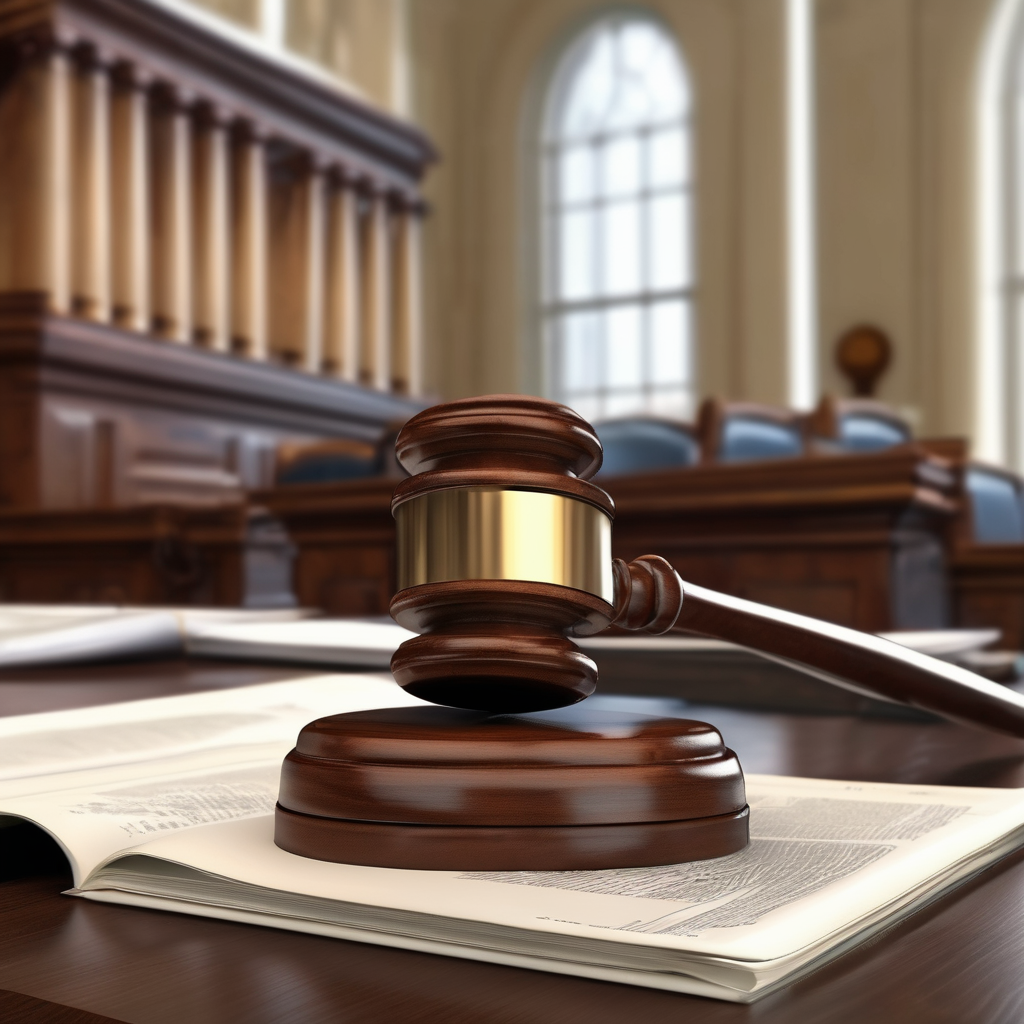The trial at the Suva High Court involving former Supervisor of Elections Mohammed Saneem and former Attorney-General Aiyaz Sayed-Khaiyum has brought to light significant concerns over governance practices and alleged misconduct within Fiji’s public sector. Testimonies, including that of Mesake Dawai, manager of legal affairs at the Fijian Elections Office (FEO), have exposed issues surrounding tax reimbursements and murky internal procedures connected to Saneem.
During the proceedings, Dawai discussed his investigation into a tax reimbursement granted to Saneem, as directed by acting Supervisor of Elections Ana Mataiciwa. The reimbursement was first questioned by Sanjeshwar Ram, director of corporate services at the FEO, upon discovering conflicting Deeds of Variation (DoV) approved by top government officials. The documents, both dated the same, were signed respectively by then Prime Minister Voreqe Bainimarama and acting Prime Minister Aiyaz Sayed-Khaiyum, containing discrepancies particularly about tax reimbursements.
Dawai also raised concerns about irregularities in political party management, noting outdated declaration forms and unexamined campaign activity evidence, which bypassed necessary investigations. Additionally, he remarked on the notably lower number of complaints against the FijiFirst party.
The trial highlights the accusations against Saneem of improperly benefiting from government funds and inadequately authorized government payments, while Sayed-Khaiyum faces charges of abuse of office related to unauthorized reimbursement arrangements.
With testimonies from influential figures such as financial controller Romika Sewak and the current Supervisor of Elections Ana Mataiciwa, the trial serves as a crucial examination of the conduct and governance standards in Fiji. Discussions have emerged about the need for reforms to enhance transparency and integrity in public operations, indicating a potential overhaul of oversight practices within the governmental framework.
While these allegations have highlighted administrative failings, they also present a hopeful opportunity for reform. The legal examination stands to reinforce accountability principles, thereby boosting public trust in government institutions and setting improved standards for governance in the future.
